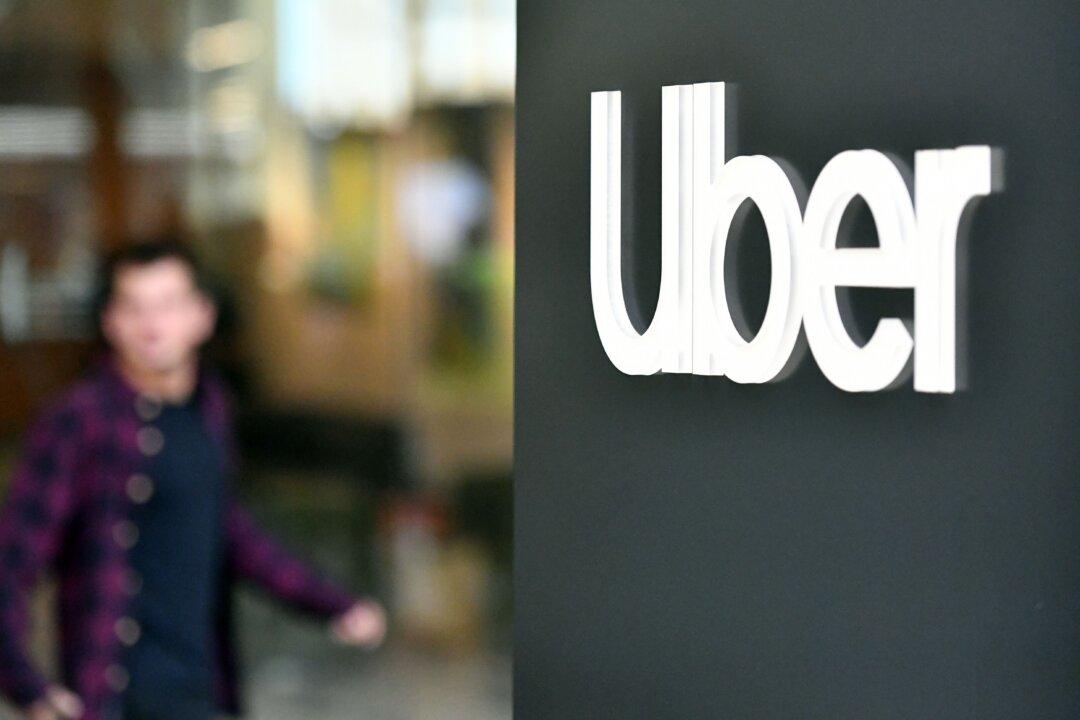Record-high fuel costs in Australia have forced Uber and Australia Post to impose fuel surcharges for their services, pushing up the cost of living for residents.
Uber Australia announced on Friday that based on driver-partner feedback, a temporary fuel surcharge would be rolled out across Australia.





